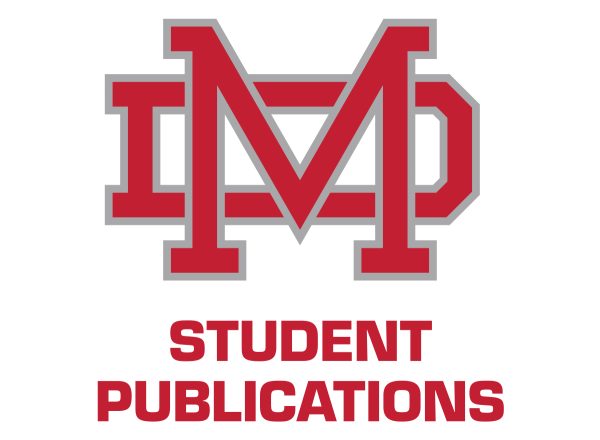College scandal leaves little effect on the admissions process
Falsifying college admission tests, bribing college coaches and administration, allegedly diagnosing learning disabilities, and faking athlete pictures – these are the stories that made the news in the wake of what is now known as “Operation Varsity Blues.” According to major news outlets, William “Rick” Singer, a local college consultant, was paid roughly $25 million by dozens of parents to have their children admitted into elite colleges such as Yale, Stanford, UCLA, USC, Georgetown, Wake Forest, University of Texas at Austin, and University of San Diego from approximately 2011 to early 2019.
On March 12, Singer pleaded guilty to charges of racketeering conspiracy, money laundering conspiracy, conspiracy to defraud the US obstruction of justice for his leading role in the alleged $25 million scheme. Singer faces a maximum sentence of up to 65 years in prison though the government recommends Singer serve three years of supervised release and a fine of $1.25 million. Federal prosecutors charged about 50 people in March, including Hollywood actresses Felicity Huffman and Lori Loughlin, as well as seven CEOs of companies. Some students were allegedly unaware of their parents’ efforts.
These institutions for higher learning are dream schools for millions of students worldwide. To know that some applicants used the “side door”, cheating, is distressing to many current students.
“…It’s upsetting how that happens when people work so hard to get good grades,” senior Evelyn Taylor said.
According to the National Association for College Admission Counseling (NACAC), the problems uncovered only happened at a small number of selective colleges. As a result, there haven’t been major changes to the college application process or how the process is carried out. However, according to Insider Higher Ed, some universities are taking action like the University of Virginia, who has established “a ban on soliciting or accepting gifts from athletes or their family members during the recruiting and application process.” Still, there truly is no one way to prevent this scandal from happening because of various factors like family, outside pressures, and the uncertainty of the future.
“It’s news, but other than that, business is as usual and things are going, and the people who are in the organizations [who are] in charge of this are working together and keeping an eye out and looking and reviewing their processes,” Mater Dei guidance counselor Sasha Lo said.
When it comes to parents and the college application process, it is common and encouraged for parents to have a certain amount of involvement with their childrens’ decisions. However, Lo suggested that parents do not pressure or alter how their children want to apply.
“It’s always a family decision … [but] it’s super important for our students to learn how to fill out an application,” Lo said. “…later on when you’re growing up and becoming an adult, you actually need to know how to do that yourself.”
Students can find support while applying to colleges at home and school, including on campus with plenty of resources and advice available like office hour workshops.
“I feel pretty good about [applying to college]. I know my teachers are super supportive, the counselors are great,” Taylor said. “I have a college counselor outside of school whose helping me. My family is super supportive and all my friends are going through the same thing so they’re very good about it, they’re very helpful.”
“I think all the students still have hope,” guidance counselor Don Nguyen said. “They still believe in the institution and the whole admissions process still not tainted process, you know they believe, we do too.”
Counselors say though the stress is all part of the college application process, it’s also a chance for each student to discover themselves. The college application is only the beginning to the future.
“Just breathe, take a deep breathe, and know that you’re going [to go] somewhere great,” Lo said.
Your donation will support the Student Publications Department at Mater Dei High School. Your contribution will allow us to keep our equipment up to date and cover our annual website hosting costs.





